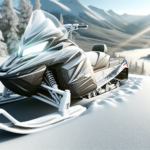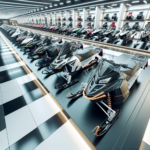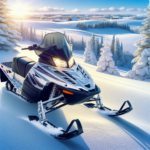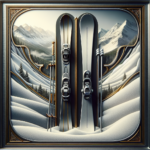Embarking on a wintertime adventure can often leave you facing an exciting, yet daunting decision – “Should I Buy A Snowboard?” Essentially, this article seeks to guide you through the array of considerations you need to factor in before committing to such a purchase. From understanding your enthusiasm level for this icy sport to the potential financial implications, this reflexivity toward your choices will keep you from hitting the slippery slope of buyer’s remorse. Take a stride into the frosty world of snowboarding and assure your decisions are snow-solid!
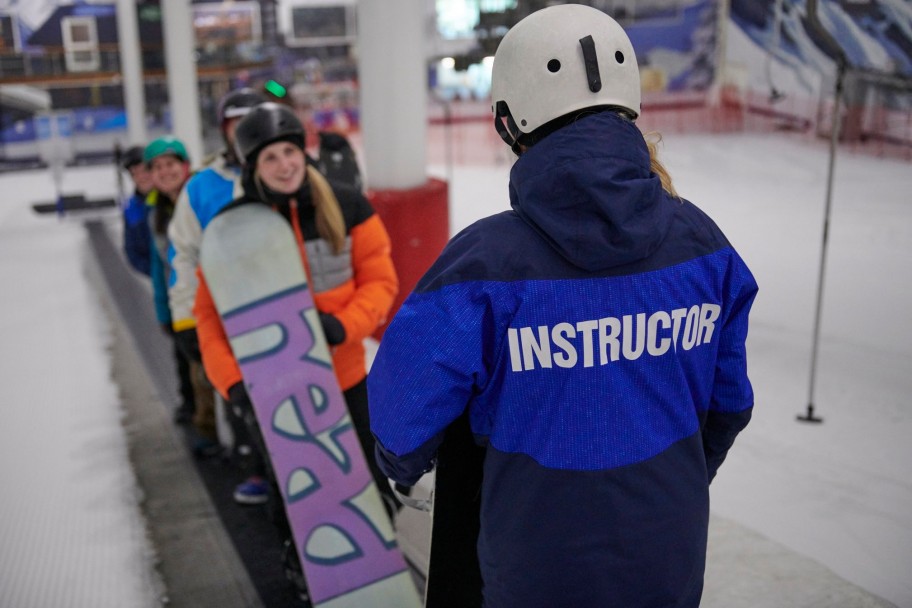
Understanding Your Snowboarding Interests
Before jumping the gun and buying a snowboard, it’s essential to understand your interests related to snowboarding as this will influence a significant part of your decision-making.
Determining your level of interest in snowboarding
Your level of interest in snowboarding is an important factor to consider. As something that requires time and commitment, it’s vital to be sure that it’s a hobby you’re genuinely interested in. Do you see yourself snowboarding on weekends and during holidays or just curious to give it a try? Answering this question helps gauge the level of investment you’re willing to make.
Assessing how often you plan to snowboard
The frequency at which you plan to snowboard will influence whether it’s most cost-effective for you to buy your board or just rent. If you see yourself hitting the slopes frequently throughout the season, owning a snowboard might make more sense. However, if you’re an occasional snowboarder, rental might be your best bet.
Determining what type of snowboarding you enjoy most
Snowboarding has various styles – freestyle, freeriding, alpine, and all-mountain. Considering the type of snowboarding you enjoy the most can help narrow down your options when it comes time to buy. From the kind of terrain you’ll be boarding to the style of riding you prefer; these factors can influence the design and type of board you should purchase.
Weighing the Costs
When contemplating whether to buy a snowboard, the cost is usually a significant consideration.
Cost of buying a new snowboard
Buying a new board can be pretty pricey, with costs typically ranging up into a few hundred dollars. Depending on the type and quality, prices for new snowboards vary widely.
Cost of maintenance and repairs
Owning a snowboard comes with additional expenses such as maintenance and repairs. Regular care like waxing can add up over time, and unforeseen damages might warrant expensive repairs. These ongoing costs need to be factored in when considering ownership.
Comparing costs of renting versus buying
Renting can initially appear more cost-effective, especially for beginners or infrequent snowboarders. However, if you’re going to be snowboarding often, the cumulative rental fees can surpass the purchase price of a new board rather quickly.
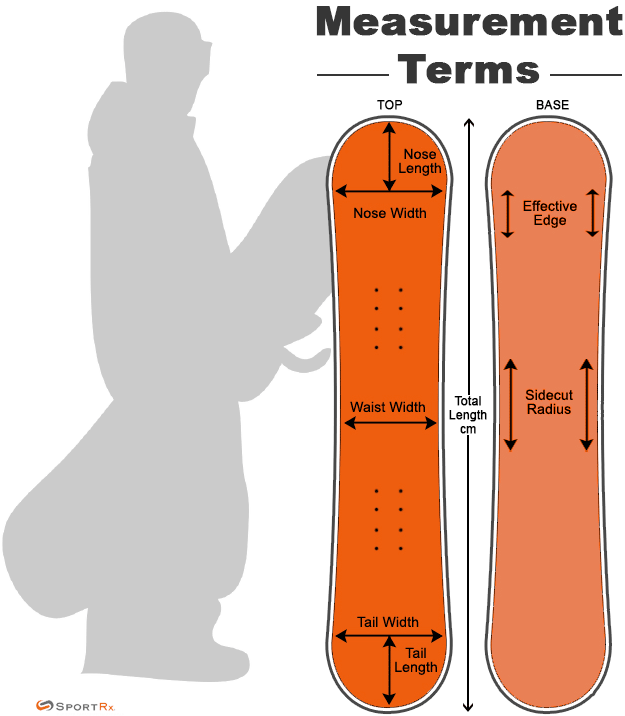
Considering the Convenience
Alongside cost, convenience plays a significant role in the decision to buy or not to buy.
Availability of snowboarding equipment rentals
The availability of snowboarding rentals at your preferred location should be considered. Whereas some places have an abundance of shops, others might have limited options, or the equipment may not be up to par. In such cases, owning your gear can be more convenient.
The convenience of owning your own snowboard
Owning a snowboard means it’s readily available whenever you’re in the mood for some action on the slopes. No more waiting in line at the rental shops or being restricted by their operating hours.
Transporting and storing a snowboard
However, having your snowboard also means you’re responsible for transporting and storing it properly. This can be a bit of a hassle, especially if you’re traveling frequently with your equipment or don’t have suitable storage space at home.
Understanding Snowboard Varieties
Knowing the various types of snowboards out there is crucial in choosing the right one for you.
Different styles of snowboards
From freestyle and freeride boards to alpine and all-mountain boards, each is designed with a specific style of riding in mind. The different designs and features cater to different snowboarding styles and terrain types, so understanding these differences is vital.
Choosing the right snowboard for your skill level
Equally important is matching your snowboard to your skill level. Some boards have design features more suitable for beginners, while others cater to more advanced riders, allowing for better control and maneuverability.
Understanding the impact of snowboard design on performance
The design intricacies of a snowboard, from its shape and profile to its flex and length, can significantly impact your performance on the slopes. Thus, understanding these details can help you pick a board that complements your style and enhances your ride.
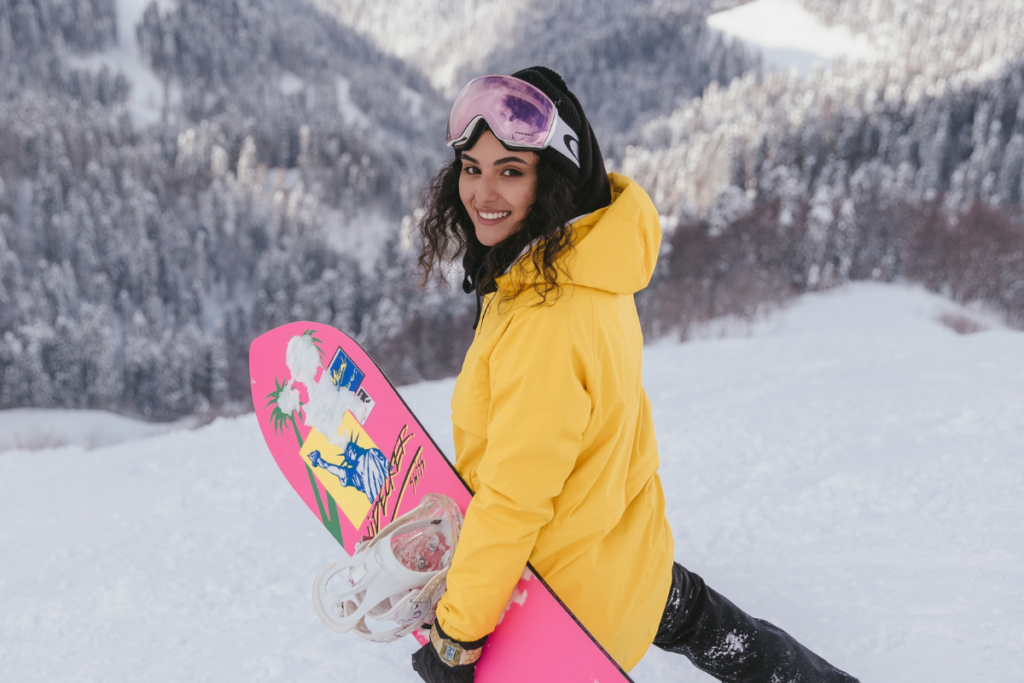
The Appropriate Size and Shape of a Snowboard
Choosing the right size and shape snowboard is just as crucial as picking the right type.
How to choose the right size snowboard
Your weight, height, and riding style all influence the right snowboard size for you. The snowboard’s length, width, and sidecut should align with your body size and the type of riding you’ll most often do.
Influence of snowboard shape on ride
The shape of the snowboard can greatly influence your ride. From directional, symmetrical to asymmetrical snowboards, each shape encourages a different riding style and performs best under certain conditions.
Matching snowboard type to personal style
Your personal style of riding, whether you’re more into tricks and jumps or carving down the slopes at high speed, will also determine the shape of the board you’ll need.
Factors Affecting Snowboard Lifespan
When investing in a snowboard, understanding its typical lifespan and how to get the most out of it is essential.
The typical lifespan of a snowboard
Typically, a well-maintained snowboard can last many years, but this largely depends on how often it’s used and the conditions it’s used in.
Factors that can shorten a snowboard’s lifespan
Improper maintenance, frequent usage, and extreme conditions can all shorten a snowboard’s lifespan.
Maintenance tips to maximize the lifespan of a snowboard
Regular waxing, appropriate storage, and having necessary repairs done promptly can significantly extend the life of your snowboard.
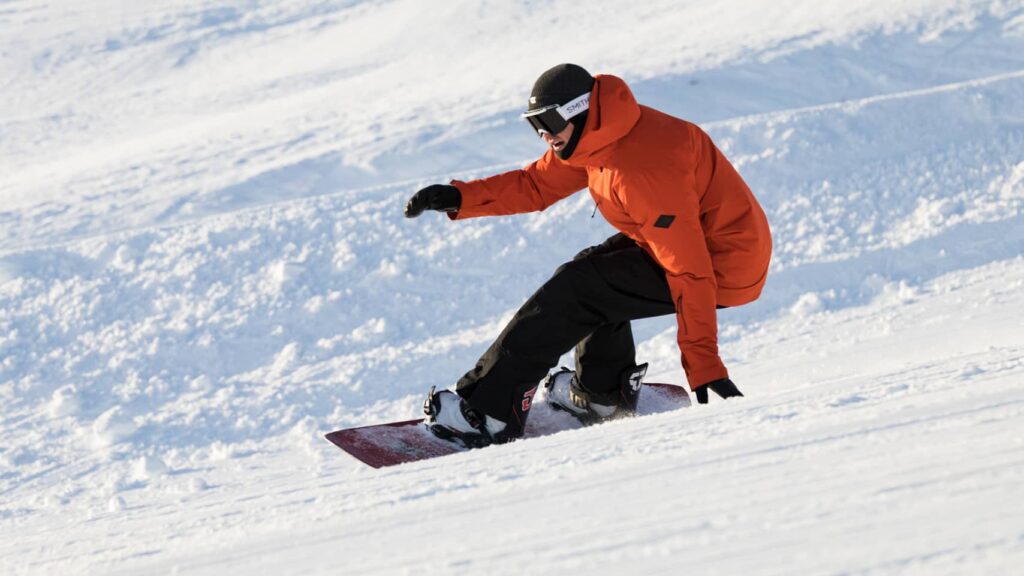
Second-Hand Snowboards: Pros and Cons
Buying a second-hand snowboard can be a viable option, but it’s essential to understand the pros and cons.
Benefits of buying a used snowboard
The main benefit of buying used is obviously the cost. It can be a great way to find a quality board for less, especially useful for beginners or if you’re on a tight budget.
Downsides of used snowboards
However, second-hand boards come with potential downsides. There may be unseen damages, and the board might already have undergone significant wear and tear.
Red flags to watch for when buying a used snowboard
Look out for red flags such as extensive damage, out-of-date designs, as well as exaggerated claims by the seller about the board’s condition and history.
Understanding Snowboarding Gear
Besides the board itself, other snowboarding gear items are also essential.
Other essential snowboarding equipment
Helmet, goggles, gloves, boots, and suitable clothes are all part of essential snowboarding gear and are as vital as your snowboard.
Cost and importance of safety gear
While these items add to the overall cost, they are crucial for your safety and comfort on the slopes. A good helmet and goggles are non-negotiable, while the right gloves and clothing can make your ride more enjoyable.
Does gear affect performance or comfort?
Yes, the right gear can indeed enhance your performance and comfort. Boots that offer good support can improve your control over the board, while clothes designed for snowboarding can keep you warm yet flexible.
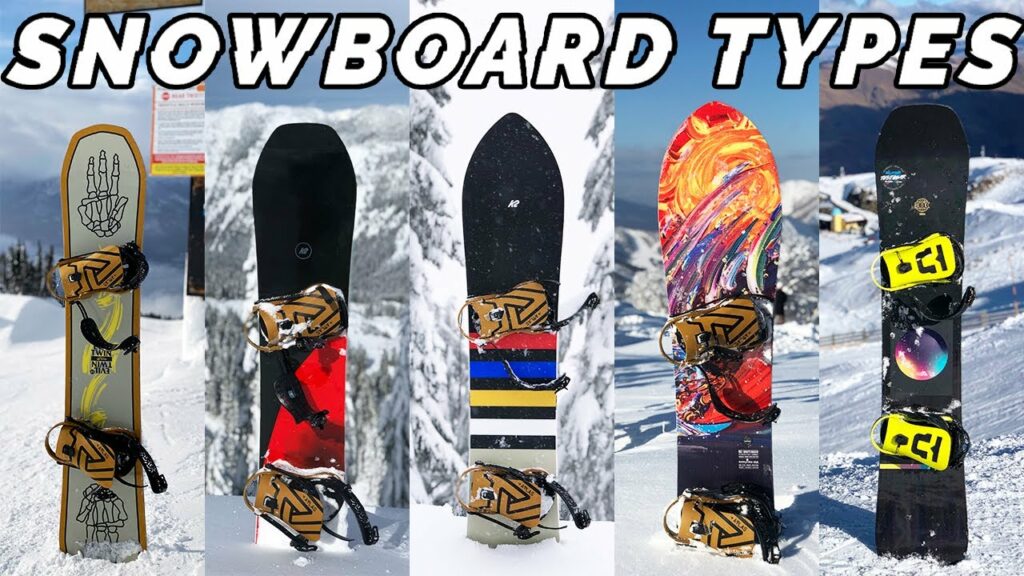
Seeking Expert Advice
Given the multitude of factors to consider, seeking expert advice when buying a snowboard is a good idea.
Where to find expert advice on buying a snowboard
Snowboarding shops, online forums, and even fellow snowboarders are excellent sources of advice.
Benefits of getting a professional fitting
Getting a professional fitting for your snowboard and gear ensures you get items that suit your body size, skill level, and riding style. This can significantly improve your performance and enjoyment on the slopes.
Researching reviews and recommendations
Reviews and recommendations can also provide valuable insights into a snowboard’s performance over time and in different conditions.
Testing Before Buying
Just like test driving a car, it’s a good idea to test a snowboard before buying it.
Where and how to test a snowboard before buying
Many snowboarding shops and resorts offer test ride facilities where you can try different boards and get a feel for what suits you best.
Benefits of testing a snowboard
Testing helps you get a first-hand feel of how the board performs under actual riding conditions. It can help you ascertain whether a particular board suits your style, skill level, and intended usage.
What to look out for during a test ride
During a test ride, pay attention to how well you can control the board, its stability, and how comfortable it feels under your feet. It’s also an opportunity to see if any particular feature or design aspect doesn’t work for you.
In conclusion, deciding to buy a snowboard requires a lot of careful thought and consideration. From understanding your needs and preferences, evaluating the costs, considering the convenience aspects, getting to know about the varieties, figuring out the right size and shape for you, assessing the lifespan, thinking about the second-hand market, understanding the gear, seeking expert advice to trying it before you buy, every aspect plays a crucial role in making the choice that’s best for you. Happy snowboarding!
- What Snowboard Bindings Should I Get? - January 23, 2024
- What Size Screws For Snowboard Bindings? - January 23, 2024
- How To Snowmobile On Water? - January 23, 2024

